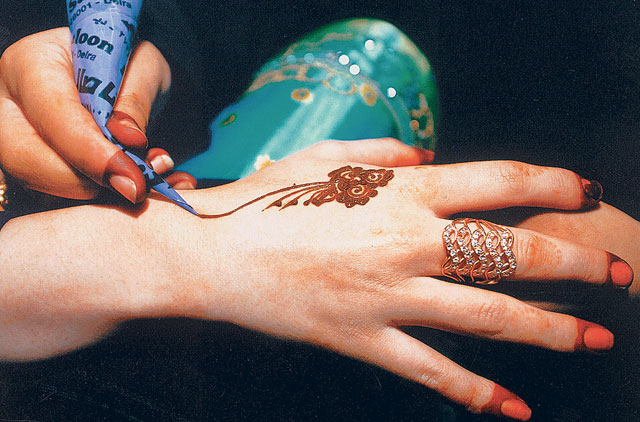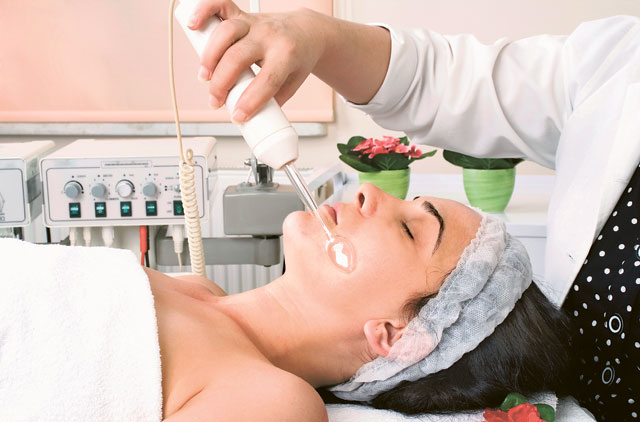Abu Dhabi: Hairdressing salons and beauty parlours in the capital have been cautioned against offering products that claim to offer miraculous weight loss or hair growth due to fears they could be harmful.
At a recent lecture organised by the Municipality of Abu Dhabi City, an official also warned outlets against offering permanent tattoos or applying black henna for customers.
Khalifa Mohammad Al Rumaithi, Director of Public Health at the municipality, called upon workers at salons and beauty centres to abide by health regulations, according to a statement Wednesday.
“A recent municipal workshop on public health hazards and safe practices saw the participation of more than 500 attendants. At the municipality, we are keen to track and monitor beauty outlets to ensure they comply with safety standards and do not endanger the health of residents,” Al Rumaithi said.
The municipality regularly inspects outlets and officials confiscate and destroy products found to contain harmful ingredients or those that have expired and also those without legible labels in Arabic and English. It has also previously banned numerous weight-loss products from sale, in collaboration with the UAE Ministry of Health.
And in a bid to further improve health and safety standards, salon workers in the capital have also been trained in appropriate hygiene and safety measures since 2011.
“These courses are intended to improve the services on offer by hairdressing salons and beauty centres, especially as the products used and treatments offered can have direct impact on customers’ health. The training aims to reduce or eliminate negative practices as well as minimise the risk of injurious and infectious diseases,” Al Rumaithi said.
In addition to courses, workshops are regularly organised to familiarise workers with latest regulations. At a recent session, municipality officials stated beauty salons should not contain fish spas as these have been known to spread infectious diseases. In addition, workers were warned not to use products for purposes other than those specified on labels — for example using hair dyes to colour eyebrows.
Customers say they feel safer thanks to the municipality’s drive to ensure beauty centres are up to speed with health requirements.
“It is true many salon workers are not trained for their jobs. But it helps they are at least informed on hygiene and safety, which can be an issue at smaller parlours,” said Sara Khan, 35, an entrepreneur and mother-of-two.
Another resident, S.S., said she had visited hairdressing salons in the capital where cleanliness was not maintained.
“Both the training for salon workers and frequent municipal checks are positive steps to ensure customers’ health is not put at risk,” she said.














